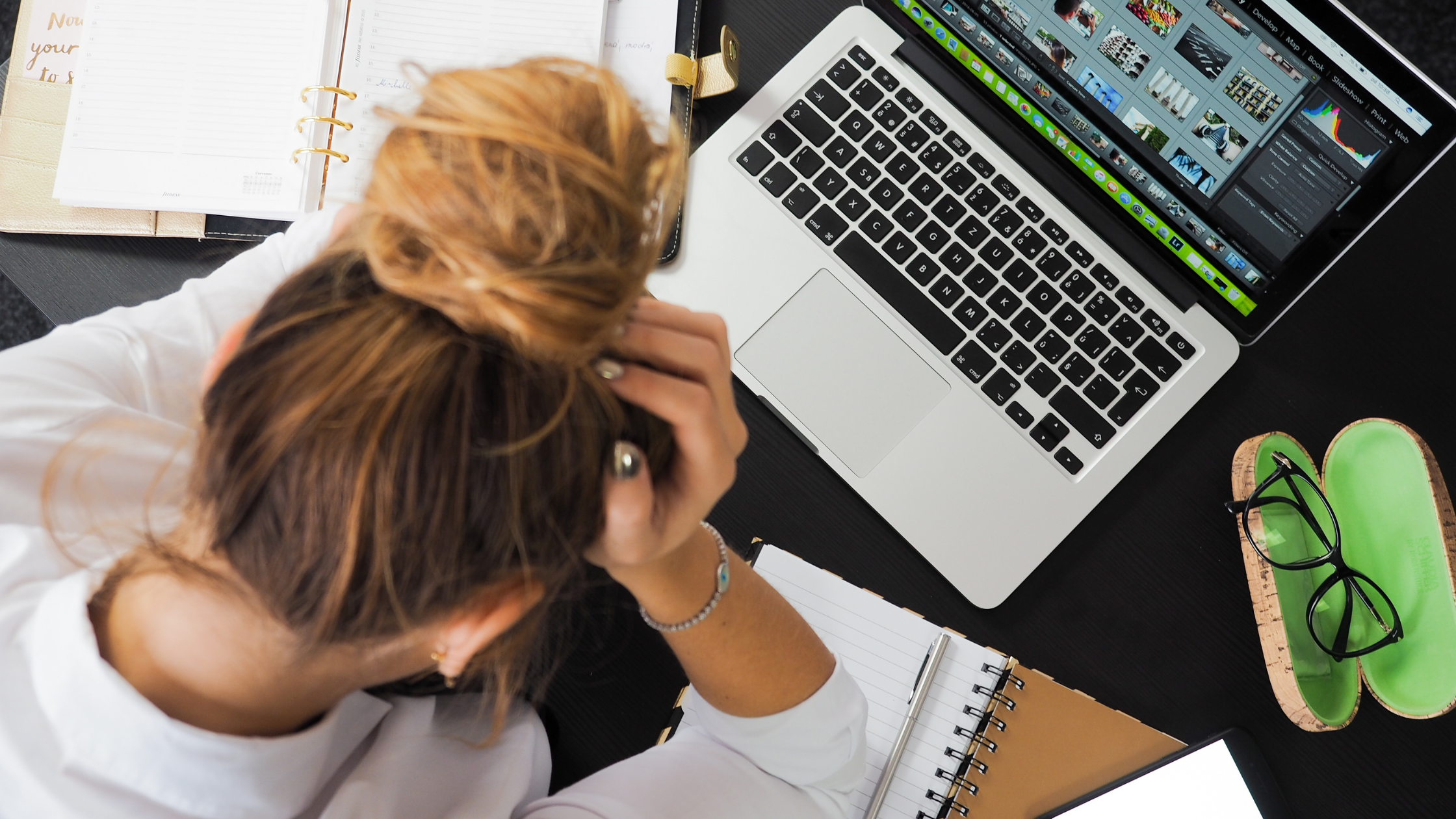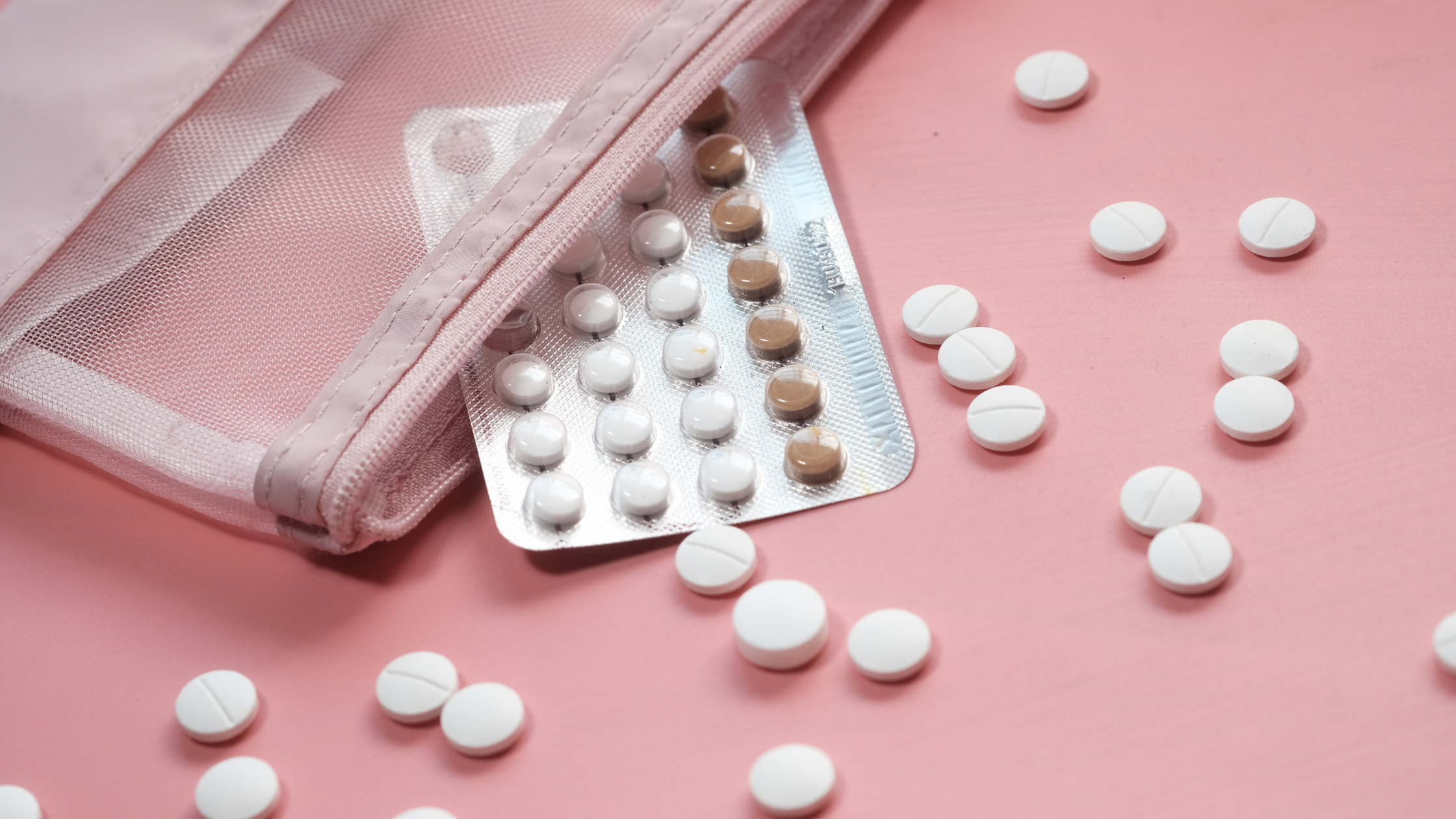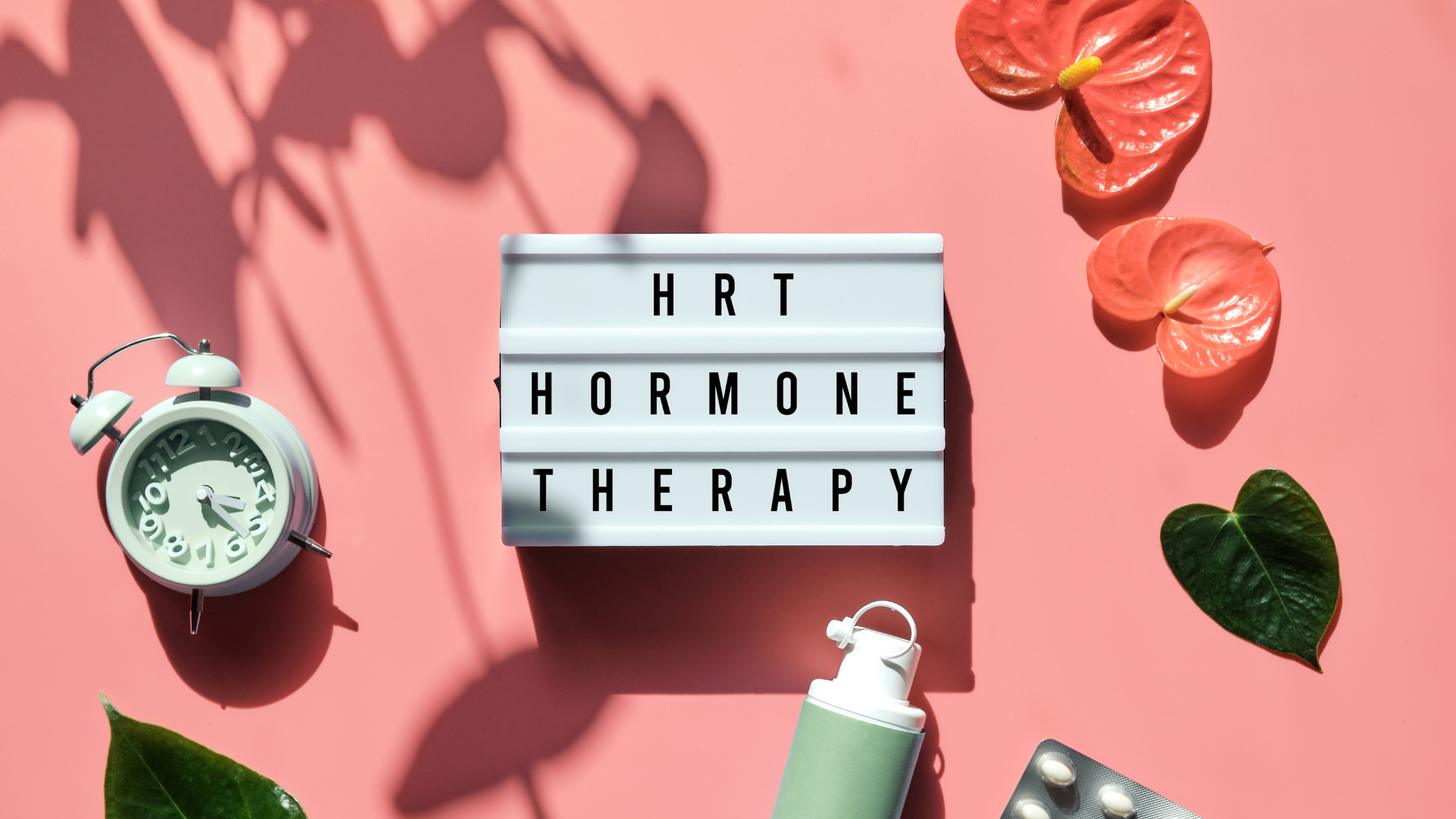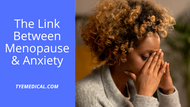The Link Between Menopause and Anxiety with Tips for Coping
Written by TYE Medical on Sep 19th 2022
While menopause is likely not the sole reason for your anxiety symptoms, you may find you’re more prone to stress reactions and anxiety during your transition to menopause. You may suddenly feel more anxious and fearful or notice these feelings slowly creeping up on you. While anxiety is a normal human response to threats or stressful circumstances, it becomes a problem when it’s prolonged, frequent, and occurs as a reaction to your daily life that leads to overwhelming feelings.
Here is what you need to know about anxiety symptoms during menopause and why you’re experiencing them.
Other Anxiety-Related Symptoms During Menopause

It’s possible that anxiety is the only menopause symptom you experience which can make it difficult to pinpoint hormonal changes as a contributing factor. You may feel like you’re less able to cope with the demands and stress of life without realizing why.
Even if you’ve never experienced anxiety before, you might notice some symptoms like:
- Fast heart rate
- Heart palpitations
- Dry mouth
- Feeling of sickness or nausea
- Shaking or tremors
- Sweating
- Chest pain
- Headaches
- Fast breathing
- Panic attacks –sudden attacks of fear or anxiety
Struggles with anxiety are very common in today’s culture. If you dealt with anxiety symptoms before perimenopause, you may notice your symptoms increase in intensity during this time or that different symptoms appear.
What Causes Menopause-Related Anxiety?

Dropping estrogen levels during the various stages of menopause directly impact other hormones that can affect your mood, triggering depression, anxiety, or both. As estrogen levels fall, so does the “happy hormone” serotonin. This will noticeably affect your mood, making you more prone to anxiety and depression. Your cortisol (stress hormone) levels are also affected but in the opposite way. Dropping estrogen triggers the release of more cortisol causing a stress reaction throughout your body.
When mood changes are attributed to hormonal changes, it’s beyond your control. Your symptoms aren’t because you just can’t cope anymore. Realizing this can help you stop blaming yourself which often triggers more anxiety.
It’s possible that your brain is more prone to mood-related symptoms, and this is especially true if you’ve ever experienced post-natal depression (i.e. postpartum depression). During perimenopause, your mood-related PMS symptoms can worsen. If you suffered from severe anxiety or depression in the past, these could again intensify during perimenopause and menopause.
In What Stage of Menopause Can Anxiety Develop?
You can experience anxiety symptoms at any point in the menopause transition, even in perimenopause while your menstrual cycle is still regular. At this stage, it may come on slowly, making the cause difficult to pinpoint. Many women experience worse anxiety symptoms during perimenopause and often these symptoms resolve at some point. But you might need to seek help if your anxiety becomes more severe.
Lifestyle Changes for Menopause-Related Anxiety

Take Care of Yourself
The most basic and critical thing you can do to relieve anxiety symptoms is to practice self-care. This doesn’t need to be extravagant. Just be sure you’re getting enough sleep and exercise while also watching your diet. It’s important to avoid processed foods and sugar. As your body is in good health, it can make your transition to menopause much smoother.
Exercise
Exercise counteracts stress hormones and boosts mood by increasing endorphins in your brain. It also helps your body relieve stress, which contributes to anxiousness. Try to get daily exercise even if you’re feeling tired or drained. Just a short walk can help you feel better.
Relaxation
You can also try relaxation techniques to ease your stress and anxiety. You can try practices like yoga, meditation, breathing techniques, or some other method for bringing your body and mind into a state of rest.
Counseling
Some women find talk therapy (counseling or cognitive behavioral therapy) helpful for detangling their feelings. Simply talking things through with a trusted counselor can alleviate stress and anxiety while you receive support.
Hormone Replacement Therapy (HRT)

If your anxiety symptoms continue to trouble you, you may consider hormone replacement therapy. Your doctor will assess your risk factors for complications to help you to determine if the benefits outweigh the risks.
For most women, the biggest concern is the link between HRT and breast cancer. But some studies suggest that the breast cancer risk is small and depends on underlying risk factors, like having someone in your immediate family with breast cancer. In this case, how much alcohol your drink and your body weight would have more impact on your breast cancer risk than the use of HRT.
It’s important to understand that hormone replacement therapy doesn’t stop menopause. If you stop taking it while still in the menopause transition, you will begin to experience symptoms again. But most women can continue taking HRT for as long as they need it.
Anxiety and Menopause Affect Your Bladder
If you’re experiencing menopause-related anxiety, chances are you’ve become more prone to bladder leaks too. Changes in estrogen and stress hormones affect the lining and sensitivity of your bladder while also tightening the pelvic floor. This increases the urge to urinate and makes your bladder less able to detect fullness, which can trigger overactive bladder (OAB) and stress incontinence.
TYE Medical offers premium incontinence products with free and discreet shipping on all orders. Shop our online store.


